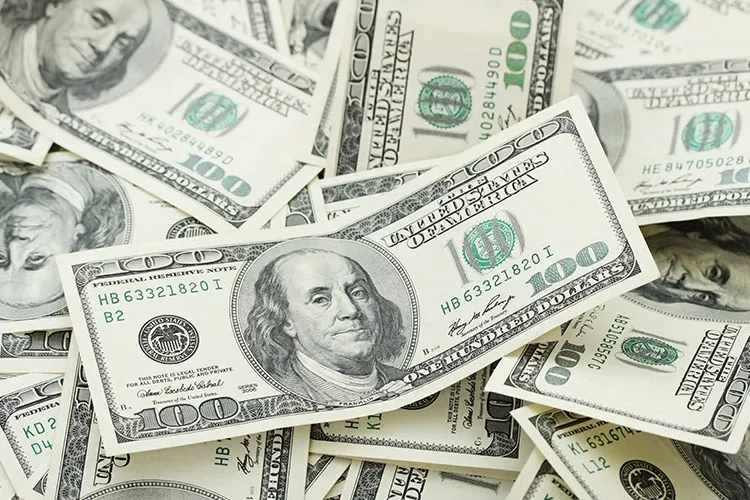Qualcomm Completes Acquisition of Alphawave Semi
Qualcomm completed the acquisition of Alphawave Semi ahead of schedule.

American technology companies have resumed selling certain products to Huawei after concluding there are legal ways to work with the Chinese telecom giant, according to Bloomberg.
Micron said that it had started shipping some components to Huawei after its lawyers studied export restrictions. Intel has also begun selling to Huawei again, according to a person familiar with the matter. It’s not clear how many other suppliers have reached the same conclusion. Officials at Commerce and the White House are frustrated that companies have resumed Huawei shipments, according to another person familiar with the matter.
The chipmakers are taking advantage of certain exceptions to the export restrictions. Even when companies have headquarters in the U.S., they may be able, through ownership of overseas subsidiaries and operations, to classify their technology as foreign, according to Cross Research analyst Steven Fox. If less than 25% of the technology in a chip originates in the U.S., for example, then it may not be covered by the ban, under current rules. “It took them weeks to figure this out,“ Fox said. “What they did was look at the laws and the rules and applied them to their business.“
Companies like Micron and Intel can legally continue some shipments to Huawei under what’s known as the de minimis rule, says Kevin Wolf, former head of the Commerce Department’s export control section. “Commodities made overseas from U.S.-origin technology are only subject to the entity list prohibitions if the technology and commodity are sensitive items controlled for ‘national security’ reasons,“ Wolf said. “But a commodity made overseas from less sensitive U.S.-origin technology is not subject to the entity list prohibitions.“
The Semiconductor Industry Association trade group put out a statement aimed at supporting its members’ right to keep working with an important customer: “SIA companies are committed to rigorous compliance with U.S. export control regulations. As we have discussed with the U.S. government, it is now clear some items may be supplied to Huawei consistent with the Entity List and applicable regulations.“
Even though these companies have found ways to legally keep exporting some of their products to Huawei, they are prohibited from providing post-sale support like software updates, repairs or installation help. That means that while an item in a box can be shipped from Taiwan to China, for example, the company still can’t provide information on software repairs or assistance from Silicon Valley. Wolf said that, in his experience, that can be a significant handicap.